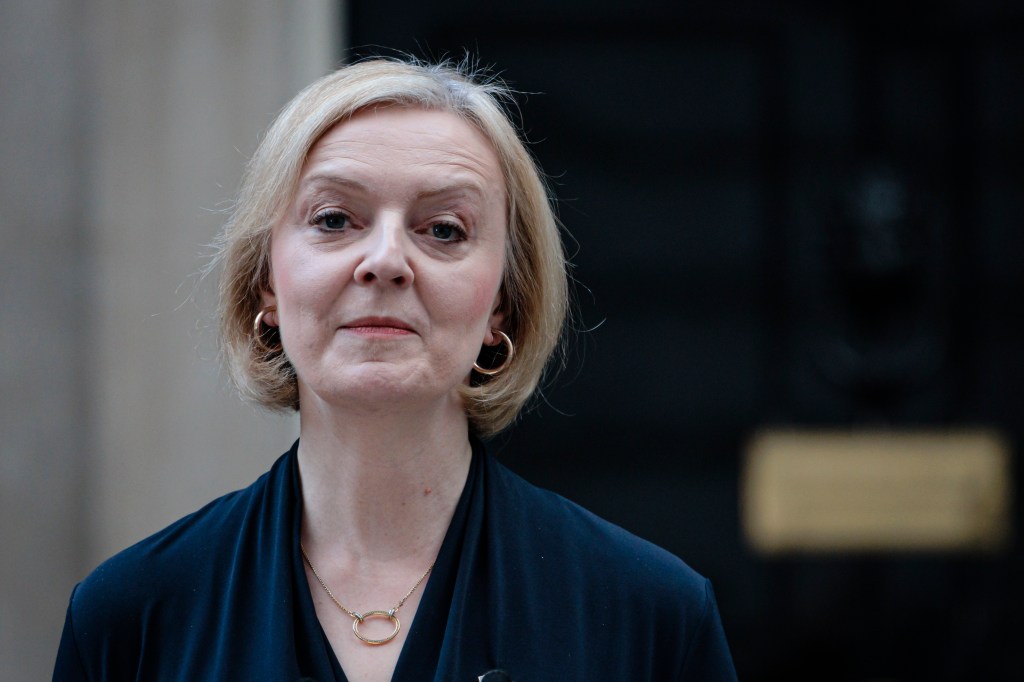U.K. Prime Minister Liz Truss resigned Thursday after just 44 days in office, partially due to pushback from her widely panned plan for the economy and, though she had the shortest tenure for a British prime minister ever, she did manage to make her mark on markets by shaking investor confidence at home and across the pond.

Truss formerly served as the U.K.’s foreign secretary. She replaced Boris Johnson, who resigned as prime minister in July following a rash of controversy, including breaking stay-at-home orders to host parties during the pandemic.
Truss fired her finance minister and close ally Kwasi Kwarteng last week as her government abandoned its tax cuts and “mini-budget,” in moves largely designed to save face amid mounting backlash.
Truss’ resignation came after a turbulent day in British politics Wednesday: Truss’ home secretary resigned, and Conservative members of parliament were fuming about the government’s handling of a controversial vote on hydraulic fracturing.
“While the Prime Minister had every intention of making waves in her first weeks in charge, she clearly didn’t anticipate the storm,” Craig Erlam, a senior market analyst at OANDA, wrote in a Monday note to clients.
The British pound briefly fell to its lowest level against the dollar ever on September 26, plummeting to as low as $1.035. The pound has since recovered to $1.13 but is still down about 20% over the last year.
This article first appeared on forbes.com
U.K. Prime Minister Liz Truss Resigns After 6 Turbulent Weeks In Office (Forbes)